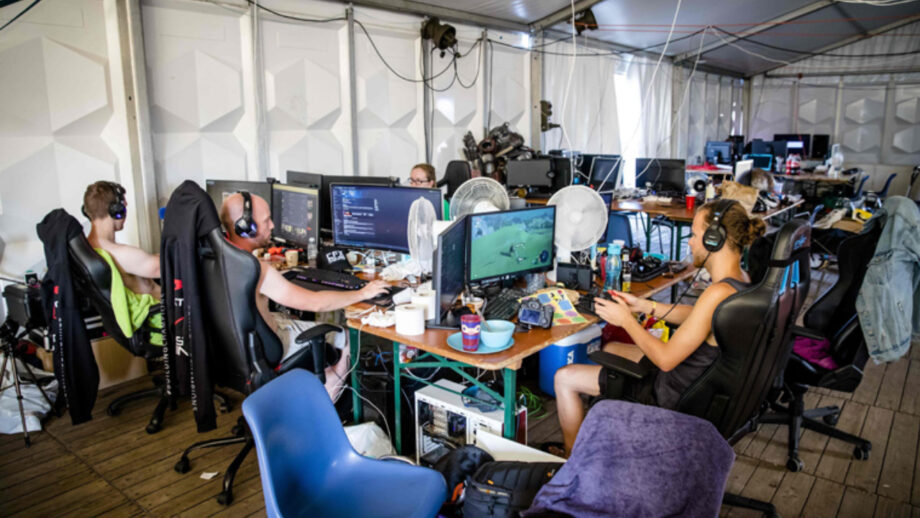Researchers at MIT have built an AI-based bot that they claim can beat human players in challenging online multiplayer games where player roles and motivations are hidden. Many gaming bots have been developed in recent years to compete with human gamers. A team from Carnegie Mellon University in the United States built the world’s first bot capable of defeating experts in a multiplayer game this year. The bot, on the other hand, knows its opponents and teammates from the outset in these games, according to the researchers.


According to researchers at the Massachusetts Institute of Technology in the United States, DeepRole is the first bot capable of winning online multiplayer games in which the participants’ team allegiances are initially uncertain. DeepRole was challenged against human players in almost 4,000 games of the online game “The Resistance: Avalon” by the researchers. As the game proceeds, participants attempt to identify their colleagues’ hidden responsibilities while concealing their own. DeepRole routinely beats human players as both a partner and an opponent, according to the researchers. “You may expect a greater victory percentage for your team if you replace a human teammate with a bot. Bots are more reliable companions. “I studied electrical engineering and computer science at MIT,” stated Jack Serrano. “Humans learn from and collaborate with one another, allowing us to do things that none of us could do alone,” said Max Kleiman-Weiner, a postdoc at MIT and Harvard University. He believes that games like ‘Avalon’ are better at simulating the changing social environments that people encounter in real life. DeepRole combines deductive reasoning with a game-planning algorithm dubbed “counterfactual regret minimization,” which learns to play a game by repeatedly playing against itself. CFR looks forward at each moment in a game to generate a decision “game tree” of lines and nodes indicating each player’s likely future actions. According to the researchers, game trees reflect all conceivable actions each player may take at each future decision point. He believes that games like ‘Avalon’ are better at simulating the changing social environments that people encounter in real life. DeepRole combines deductive reasoning with a game-planning algorithm dubbed “counterfactual regret minimization,” which learns to play a game by repeatedly playing against itself. CFR looks forward at each moment in a game to generate a decision “game tree” of lines and nodes indicating each player’s likely future actions. According to the researchers, game trees reflect all conceivable actions each player may take at each future decision point.



